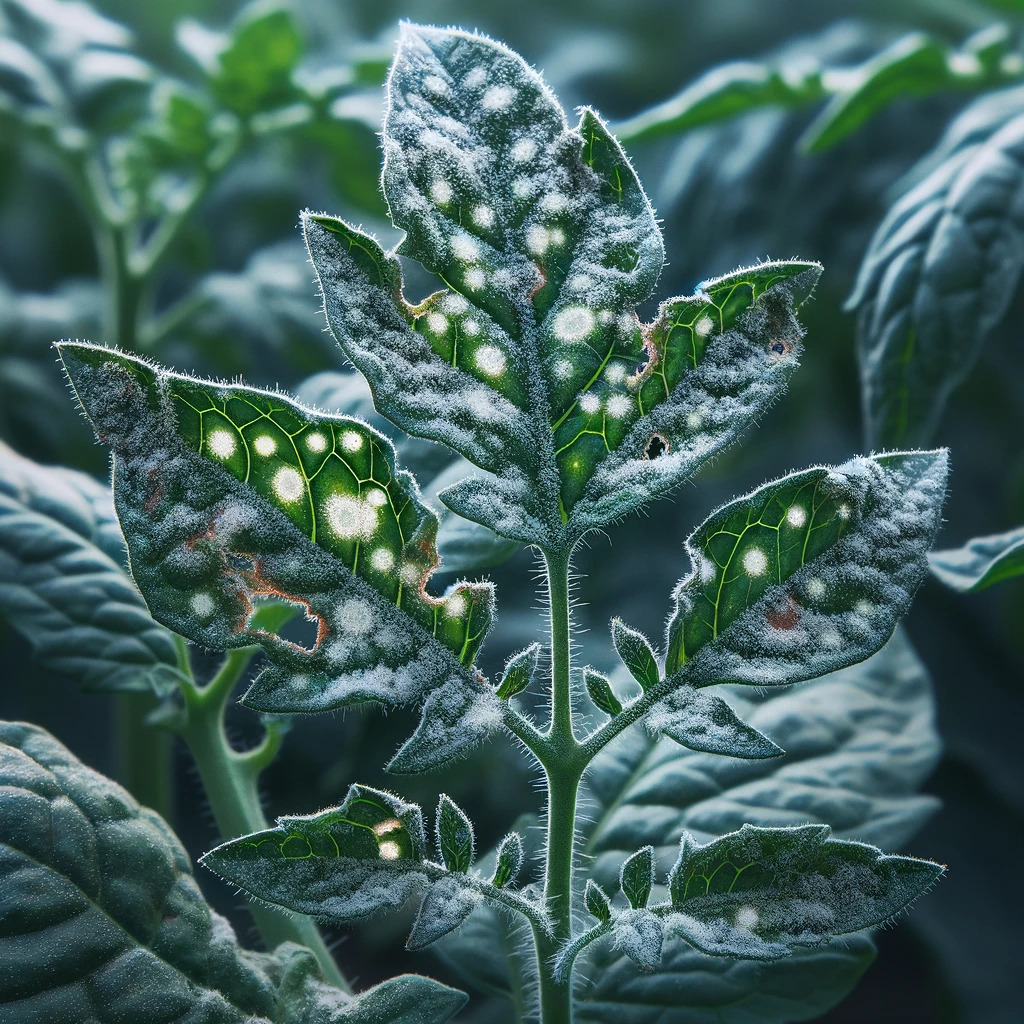The Challenge of Pests in Mexican Agriculture
In Mexico, agriculture is a fundamental pillar of the economy and the livelihood of many communities. However, this industry faces significant challenges, with one of the most critical being the management of pests in key crops. These pests not only impact the yield and quality of products but also pose a constant challenge to farmers. This article explores the most important pests affecting the most relevant crops in Mexico, offering a comprehensive view of this issue.
Devastating Pests in Essential Crops
Corn Earworm and Cotton Boll Weevil
- Corn Earworm (Helicoverpa zea): This worm is one of the most feared enemies of corn, a vital crop in Mexico. It feeds on leaves and grains, causing significant losses.
- Cotton Boll Weevil (Anthonomus grandis): It severely affects cotton crops, damaging the bolls and compromising the quality of the fiber.

Invisible Enemies: Mites and Whiteflies
Hidden Impact on Fruits and Vegetables
- Mites: These small organisms can cause significant damage to fruits and vegetables, altering their appearance and commercial viability.
- Whitefly (Bemisia tabaci): It affects a variety of vegetables, compromising plant health and product quality.

Protection and Prevention: Pest Management Strategies
Integrated Approaches for Pest Control
- Cultural Practices: Crop rotation, use of resistant varieties.
- Biological Control: Use of natural enemies of pests.
- Chemical Control: Insecticide application, with emphasis on sustainability and safety.

Conclusion and Final Reflections
Pests pose a constant threat to agriculture in Mexico. An integrated approach, combining cultural, biological, and chemical practices, is essential for effectively and sustainably managing these pests. Ongoing research and adaptation of control strategies are crucial to ensure the long-term viability of Mexican agriculture.

Keywords and Long Tail Keywords
“Pest control in Mexican crops,” “sustainable management of corn earworm,” “strategies against cotton boll weevil,” “impact of whitefly on vegetables,” “innovation in biological pest control,” “prevention of damage by mites in fruits,” “agricultural pest control techniques in Mexico.”
 AgronoBlog – Agriculture Blog
AgronoBlog – Agriculture Blog